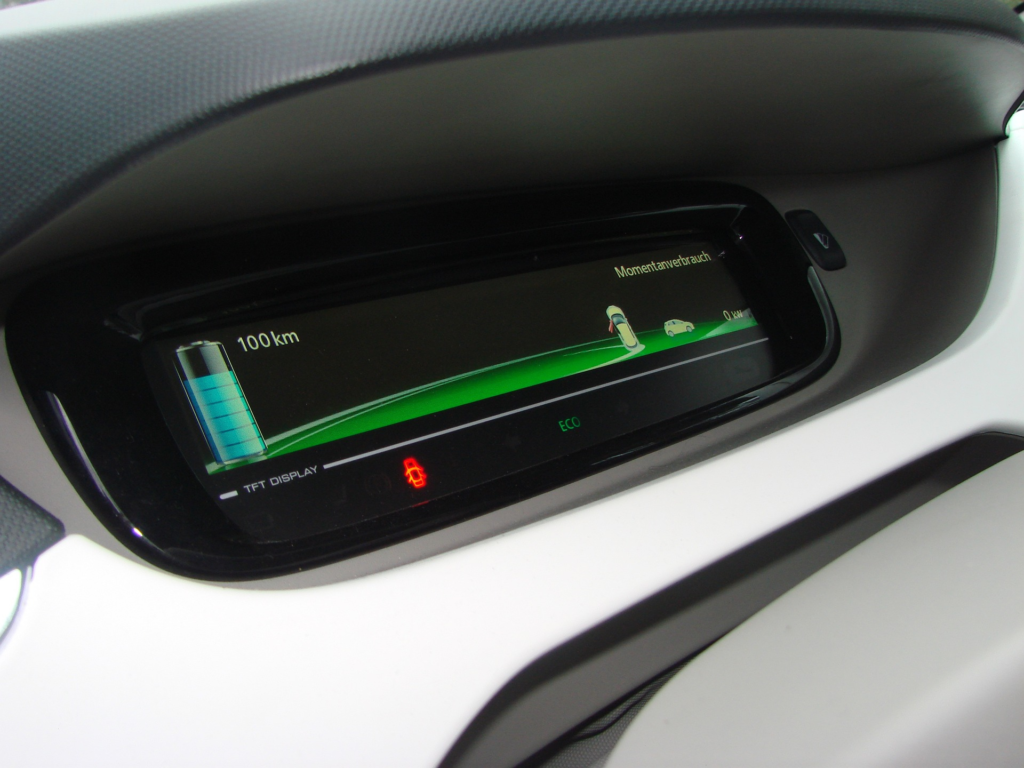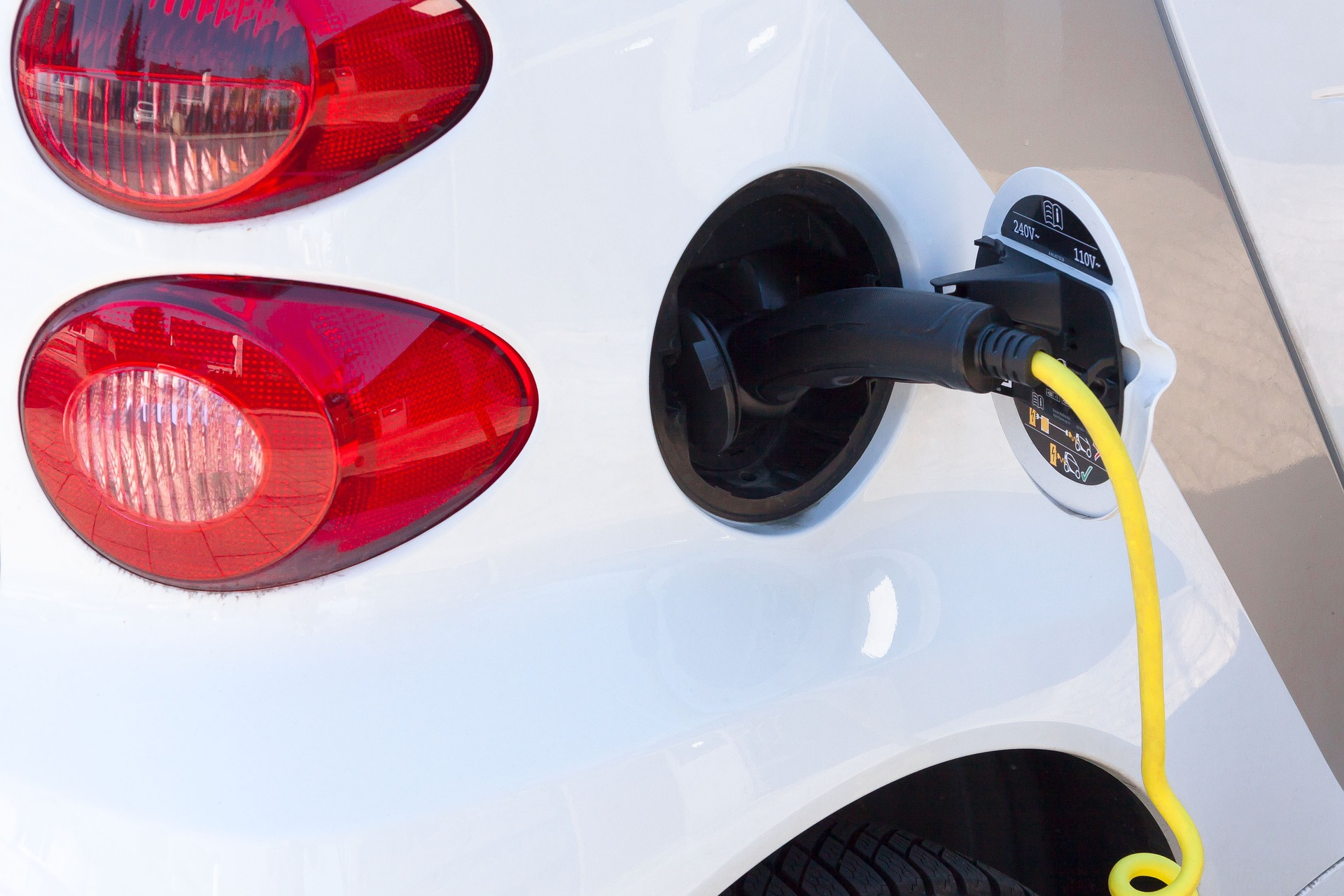In recent years, the country has shown itself to be an innovator in the development of electric vehicles (EVs), joining other countries such as the US and China in the push for affordable, eco-friendly transportation. There is still the backbone of EV technology being used and a phenomenal approach to decreasing carbon generation. While Japan is not only embracing EVs yet is still on top of the game internationally when it comes to innovations. This post looks at Electric Vehicle Companies in Japan and the major players that could help define the future of transportation.
Electric Vehicle Companies in Japan: Nissan Motor Co. Ltd.
Nissan is a pioneer in the EV market best known for its flagship model, the Nissan Leaf. Introduced in 2010, the Leaf remains a top-selling electric car, being the world’s first mass-produced EV. Nissan’s Ariya excels with advanced electric and self-driving features. Its “Ambition 2030” strategy sees the company aspiring to a carbon-neutral future and intends to launch in the vicinity of 23 electrified models — including 15 pure EVs — by 2030.
Electric Vehicle Companies in Japan: Toyota Motor Corporation
Toyota, traditionally known for hybrids like the Prius, now includes battery-electric vehicles in its lineup. The bZ (beyond Zero) series is Toyota’s commitment to delivering a wide range of EVs. Toyota’s first mass-produced BEV, the bZ4X, features solar charging roofs and advanced safety systems as home-grown innovations. Having every intention to invest significantly in solid-state battery technology, Toyota is well positioned to reshape the EV market through vehicles with shorter charging times and longer ranges.
Electric Vehicle Companies in Japan: Honda Motor Co. Ltd.
The transition by Honda has been slow and steady, no doom and gloom scenarios here, the Honda e city-focused EV has been a step into the future with its retro looks and advanced connectivity technology. Company target carbon neutral by 2050, will launch 30 new EV models worldwide by 2030 It is a strategic alliance that aims to democratize electric mobility. Honda’s partnership with General Motors to develop affordable EVs is a strategic move to democratize electric mobility.
Electric Vehicle Companies in Japan: Mitsubishi Motors Corporation
[Image: Mitsubishi]One of the original pioneers of PHEV technology, Mitsubishi also ventured into pure EVs. One of the first mass-market electric cars was the Mitsubishi i-MiEV, introduced in 2009. Mitsubishi still sees efficient, affordable, and effective EVs, leaning on its history of technology around hybrid systems. It is also seeking partnerships with other companies to expand its EV offerings and enhance charging infrastructure.

Electric Vehicle Companies in Japan
Electric Vehicle Companies in Japan: Mazda Motor Corporation
Despite being a latecomer to the EV party, Mazda has just launched its first fully electric car, the Mazda MX-30. Ma learned that it was known for its stylish design, with a focus on driving pleasure, and that it had an “Sustainable Zoom-Zoom 2030” vision to offer EVs to accommodate its customers. The company will offer a combination of hybrid, plug-in hybrids, and BEV technologies in its future portfolio.
Electric Vehicle Companies in Japan: Subaru Corporation
(Subaru) Renowned for AWD and rugged vehicles, Subaru teams with Toyota to launch its first electric SUV, the Solterra. Made for people who love the outdoor lifestyle, the Solterra mixes Subaru’s adventurous heritage with zero-emission performance. Subaru is targeting 40% electrification of its global sales by 2030.
Electric Vehicle Companies in Japan: Panasonic Corporation
Panasonic is not an automaker, but it is an important part of Japan’s EV ecosystem. Panasonic teams up with global firms like Tesla to produce top-quality lithium-ion batteries for electric vehicles. The company’s improvements of battery technology would play a crucial role in allowing electric vehicles to reach a mass market.
Infrastructure Development and Government Help
Japan’s government has played an extensive role in promoting the growth of the EV sector as well as Financial incentives like subsidies. Along with tax breaks and funding for charging infrastructure, have hastened the adoption of EVs. Pretty ambitious for the government to set the mid 2030s target of all new car sales being electrified, but it shows they’re serious about moving towards a sustainable future.
Electric Vehicle Companies in Japan: Challenges and Opportunities
Nevertheless, despite continuous efforts, Japan’s EV landscape isn’t without its struggles with global competitors, expensive manufacturing, and the need for charging points nationwide. Nevertheless, there remains a wealth of potential surrounding hydrogen fuel cell technology, advanced battery systems, and international cooperation.
Conclusion
Japan’s Electric Vehicle Proponents aim to lead through tech innovations and eco-friendly efforts, influencing global transportation. The market is rapidly shifting towards electrification, with Japanese EV firms leading this growing sector.



Pingback: Electric Vehicles in North Korea: A Unique Changing Landscape - Tech Master Online